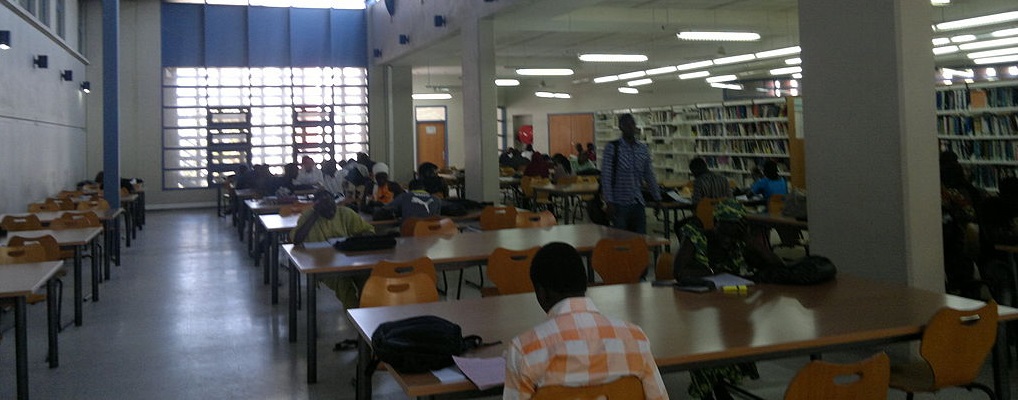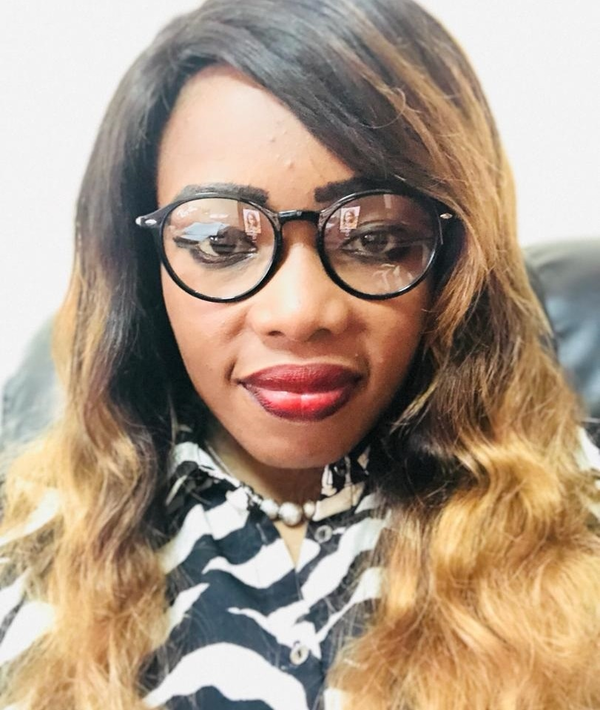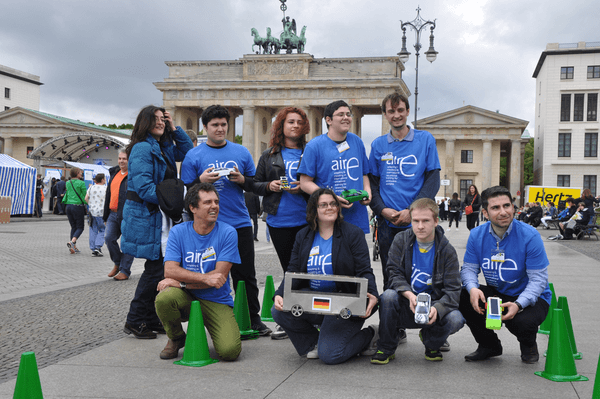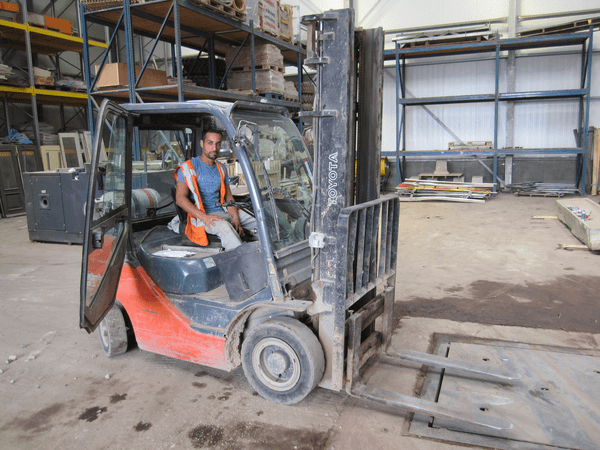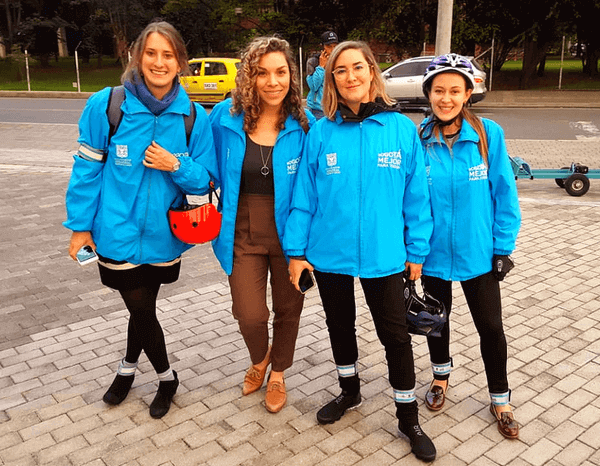Size and population development
The city of Dakar has an approximate population of 1,056,009 inhabitants, according to a UN census carried out in 2011. The Metropolitan area of Dakar, however, has a population of 3,732,284 inhabitants according to Senegal’s National Agency of Statistics and Demographics. In Metropolitan Dakar, 1.85 million inhabitants are male and 1.87 million are female. With a surface of 547 square kilometres, Dakar comprises only 0.3 percent of the country’s surface while its population makes up 20 percent of Senegal’s total population.
Population composition
There are a great variety of Senegalese ethnicities living in the region of Dakar. The Wolofs are the most prominent, but the city is composed of a diversity of Pulaar, Sérère, Mandingue, Diola, Soninké. There is also a sizeable community of Lebanese descent which dates back to the 1920s, as well as various people of European decent. Around 90 percent of Dakar, as in the whole of Senegal, follow Sunni Islam with Sufi influences.
Main functions
Dakar is the capital and largest city of the Independent Republic of Senegal and one of the chief seaports on the western African coast. It is located midway between the mouths of the Gambia and Senegal rivers on the south-eastern side of the Cape Verde Peninsula and is the westernmost city on the African mainland. The city itself was founded in 1857 and, as of 1902, it became the capital of French West Africa, and later the capital of the failed Mali Federation, which existed only between 1959 and 1960. Dakar (with the commune of Gorée) played a fundamental role in several different moments of world history: as a port for the slave trade of nations like Portugal, the Netherlands, and France, and as a territory to build a Free French nations stance against the Vichy government during World War II. Nowadays, Dakar is considered part of the World Heritage cities. Culturally, Dakar has more recently been recognized for its Biennale of Contemporary Art called “Dak’Art”. It is also known for the Dakar Rally, a car competition that covered in its first year 10,000 kms, from Paris to Dakar. Until 2008, the rally had taken place between Europe and Africa, but has since moved to South America, retaining the name that echoes the Senegalese finish line.
Main industries / business
As the capital of Senegal, Dakar represents the centre for economic activity and cultural gathering. It is the headquarters of the Central Bank of West African States (BCEAO) as well as of the Fundamental Institute of Black Africa. Economically, it concentrates 80 percent of the activity of Senegal. The traditional main industries of Dakar have been suffering difficulties, with the chemical, textile and wood industries in decline. Some of the problems have been attributed to the importation of cheaper products from Asia or the acquisition of national companies by Asian conglomerates (e.g. Industries Chimiques du Senegal was bought in 2014 by Singapore-based Indorama). Formal and informal tertiary sector industries are developing more rapidly, with telecommunications, commerce, transportation and construction as the clearest examples of this rise. Dakar is also known for its trade of agricultural and fish products.
Sources for city budget
The city of Dakar receives its budget from the federal government of Senegal. It is comprised of tax revenues, loans and contributions by international organizations, and loans solicited to the banks. The budget is partly decentralized with a portion of it being given to the municipalities for its distribution. The local institutions are meant to use it in matters of public health, education and culture. When the unexpected arises and the budget does not reach the necessary levels, it is complemented with the taxes collected from places such as markets.
Political structure
Dakar is understood differently from a political than from an administrative perspective. Its political structure is that of a commune de ville. It is governed by an elected municipal council that is chosen every 5 years, which itself chooses the maire (mayor), who will serve as its head.
Administrative structure
As one of Senegal’s 14 regions, the region of Dakar is divided into 4 arrondissements: Almadie, Dakar-Plateau, Grand Dakar, and Parcelles Assaines. Each arrondissement encompasses a number of the 19 communes d’arrondissements that serve as political structures of the city. The region approximately makes up the city, as well as its various banlieues, or to inexactly translate the word, suburbs.
Website
http://villededakar.org/
